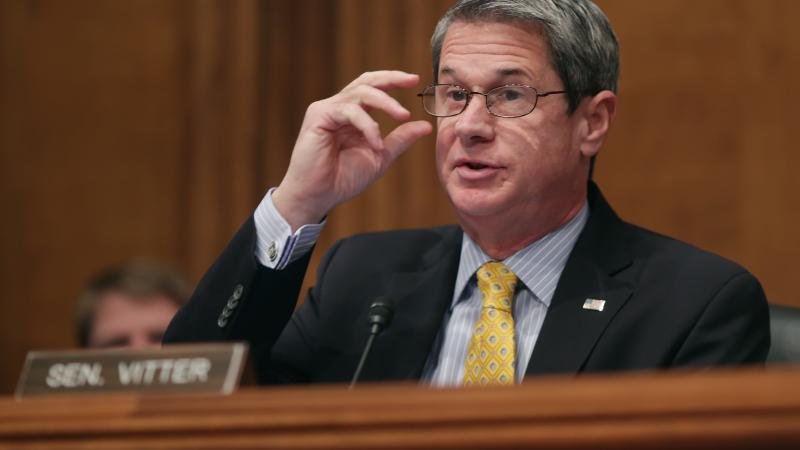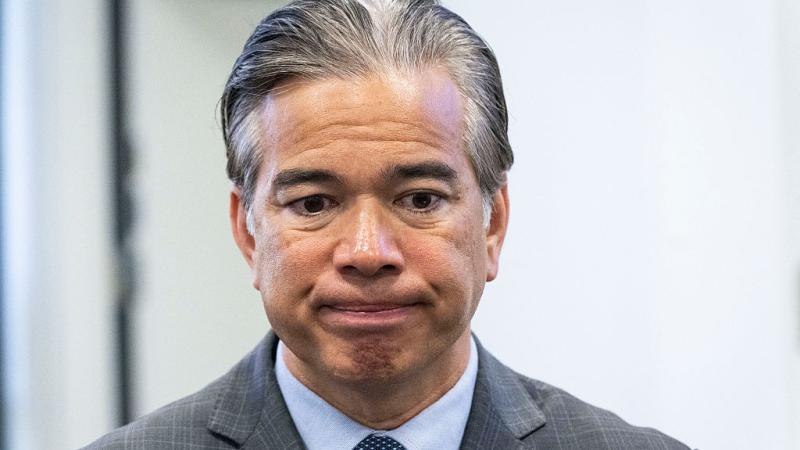Netanyahu slams AP, Reuters, CNN over reporters' questionable coverage of Hamas on Oct. 7
CNN and the Associated Press said they have already cut ties with Hassan Eslaiah.
Israeli Prime Minister Benjamin Netanyahu's office is demanding answers from The Associated Press, Reuters, CNN and The New York Times after their photographers reportedly documented Hamas' invasion of Israel on Oct. 7, bringing serious ethical questions.
"These journalists were accomplices in crimes against humanity; their actions were contrary to professional ethics," the prime minister's office said Thursday.
Four photographers – Hassan Eslaiah, Hatem Ali, Yousef Masoud and Ali Mahmud – appeared in the Associated Press's photo credits from the Israel-Gaza border area on Oct. 7, when terrorists invaded Israel and killed more than 1,400 people, including at least 31 U.S. citizens. Reuters, meanwhile, published pictures from two reporters – Mohammed Fayq Abu Mostafa and Yasser Qudih – who appeared to be at the border around the time of the Hamas attack
Honest Reporting, a watchdog group, first broke the story Wednesday about the men's activities on Oct. 7.
CNN told Israeli outlet YNet that it has already cut ties with Eslaiah, who photographed himself standing in front of an Israeli tank on Oct. 7 without a press vest or helmet. Honest Reporting also published a photograph of Eslaiah being kissed by Hamas leader Yahya Sinwar.
"While we have not at this time found reason to doubt the journalistic accuracy of the work he has done for us, we have decided to suspend all ties with him," CNN said.
Reuters also responded to the report early Thursday morning: "Reuters categorically denies that it had prior knowledge of the attack or that we embedded journalists with Hamas on October 7. Reuters acquired photographs from two Gaza-based freelance photographers who were at the border on the morning of October 7, with whom it did not have a prior relationship."
It is unclear whether Reuters still plans on working with the two men.
The Associated Press responded to the report as well by denying prior knowledge of the Oct. 7 attacks.
"The first pictures AP received from any freelancer show they were taken more than an hour after the attacks began. No AP staff were at the border at the time of the attacks, nor did any AP staffer cross the border at any time," the wire service said.
The agency also said it is "no longer working with Hassan Eslaiah," but it did not comment on the other three reporters.
Two of the Associated Press reporters – Ali Mahmud and Hatem Ali – are credited by the wire service for photos of the hostages and Israeli bodies being dragged into Gaza.
Masoud, who has worked for the Times, had his images of Gazans celebrating on Israeli tanks published by the wire service.
The New York Times has not commented on the matter as of Thursday morning.
"Journalists found to have known about the massacre, and still chose to stand as idle bystanders while children were slaughtered - are no different than terrorists and should be treated as such," Israel Defense Minister Benny Gantz said Thursday.
















